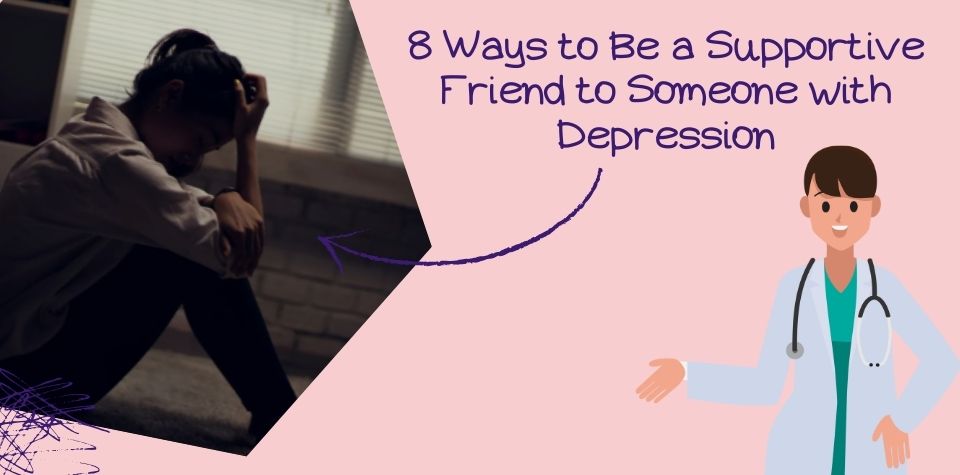Puerto Rico has declared Dengue as a public health emergency. According to the reports, the new dengue outbreak in Puerto Rico has impacted about 550 people so far this year. This number does not sound like a matter of concern, but it is terrible when you look at the duration and population.
The new dengue outbreak is not only a concern for Puerto Rico, it may be a danger for the entire United States. Fortunately, it is limited to Puerto for now but it may spread to the whole world and can damage both health and wealth.
Let’s explore the basics of this new medical emergency in Puerto Rico and the potential danger for the whole world.
What is Dengue?
Dengue (DENG-gey) fever is a mosquito-borne disease that primarily occurs in tropical and subtropical regions worldwide. At some stages, Dengue causes mild to moderate fever; however, considering it just fever may be dangerous.
If left untreated, it can slow down the blood pressure, result in a shock, and cause death. According to a CDC report, about half of the world’s population, 4 billion people, live in areas with the risk of Dengue.
The Centers for Disease Control and Prevention says, “Each year, about 400 million people get infected with dengue.” The report also reveals that Dengue kills about 40,000 people every year.
Puerto Rico has declared a new medical emergency because of a massive rise in severe dengue cases. This is the same stage that the CDC assumes the killer.
Dengue cases in Puerto Rico
Health officials on the island have identified about 549 new dengue cases across the US territory of 3.2 million people. About 50% of all cases have been seen in the capital city, San Juan.
Initially, the new medical emergency plan intends to arrange funds for detection and prevention. However, if the cases rose at the same speed, the situation may be even worse.
Dengue symptoms
Dengue symptoms can be categorized into two major categories: Mild and severe. In the initial phase of Dengue or in people with a high immune system, patients experience high fever and flu-like symptoms.
However, symptoms can be even worse in cases of extreme or severe Dengue. The patient may experience severe fever, bleeding, or a sudden drop in blood pressure. The BP pauses can also result in shock and cause death.
Please note that some people may not experience any symptoms of Dengue. Symptoms usually occur almost after ten days of being infected.
Symptoms of mild Dengue
A mild dengue or Dengue in an initial stage may cause high fever (104 F) along with the following symptoms;
- Headache
- Nausea
- Muscle, bone, or joint pain
- Vomiting
- Nausea
- Swollen glands
- Eye pain
- Rashes
People with mild dengue symptoms recover early if they start taking treatment on time. However, if not treated, the symptoms may become worse and lead to severe complications. In extreme cases, it may cause dengue hemorrhagic fever or dengue shock syndrome.
Symptoms of Severe
Severe Dengue occurs if not cured in the initial stage or when the patient’s blood vessels become damaged and leaky. It causes a sudden reduction in the platelets in the bloodstream drops.
Primarily, the decrease of the clot-forming cells (platelets) results in shock, internal bleeding, and organ failure. All these conditions are highly connected with sudden death.
Its other symptoms may include;
- Persistent vomiting
- Severe stomach pain
- Bleeding from your gums or nose
- Bleeding under the skin
- Blood in the urine, vomit, or stools
- Rapid or difficult breathing
- Fatigue
- Restlessness or irritability
Primary Cause of Dengue
Dengue is a disease caused by viruses (DENVs) that is transmitted to humans through the bites of infected mosquitoes. The main carrier of this virus is the female mosquito Aedes aegypti. Other species of the Aedes genus can also spread the virus.
The Dengue virus spreads through two distinct mechanisms. Initially, it is transmitted when a mosquito carrying the virus bites a person, depositing the virus into their bloodstream.
Secondly, transmission occurs when a mosquito bites an individual who is already infected with the virus. Subsequently, the mosquito becomes infected and can transmit the virus to others through subsequent bites.
When to see a doctor?
Dengue is a new medical emergency, and people in the United States must take it seriously. Most people who have survived a dengue infection are at less risk of severe complications.
Since there are four types of the Dengue virus, if someone gets infected again with a different kind, it could cause more significant problems for them.
In most cases, patients need to visit a doctor if they suspect they are infected with the Dengue virus. If there’s uncertainty about the infection, seeking medical assistance is warranted, especially if there’s been or is severe fever. It’s important to consult a healthcare professional if experiencing other symptoms associated with Dengue as well.
Treatment for Dengue
Prevention is better than cure; this line may sound random here, but it is very important. People must take all the preventive measures to avoid the infection or any disease.
In case of Dengue, it becomes even more crucial as there is no medication that can directly treat or kill dengue virus. Only one vaccine, Dengvaxia, is developed for the treatment of dengue virus. And unfortunately it is also not hundred percent effective.
People with Dengue should take plenty of water and other liquids to stay hydrated. They should also take fruits and foods that help increase the quantity of platelets.
Paracetamol is the only available treatment that helps in Dengue. However, it is not the complete cure; paracetamol only reduces pain and discomfort.
For more information, patients must talk to their doctor and take all necessary measures.
Note: The information available here is based on different Google sources. Please do not consider it a substitute for professional advice. Symptoms and treatments can vary based on individual conditions.












3 thoughts on “New Medical Emergency: Dengue Symptoms and Treatments”